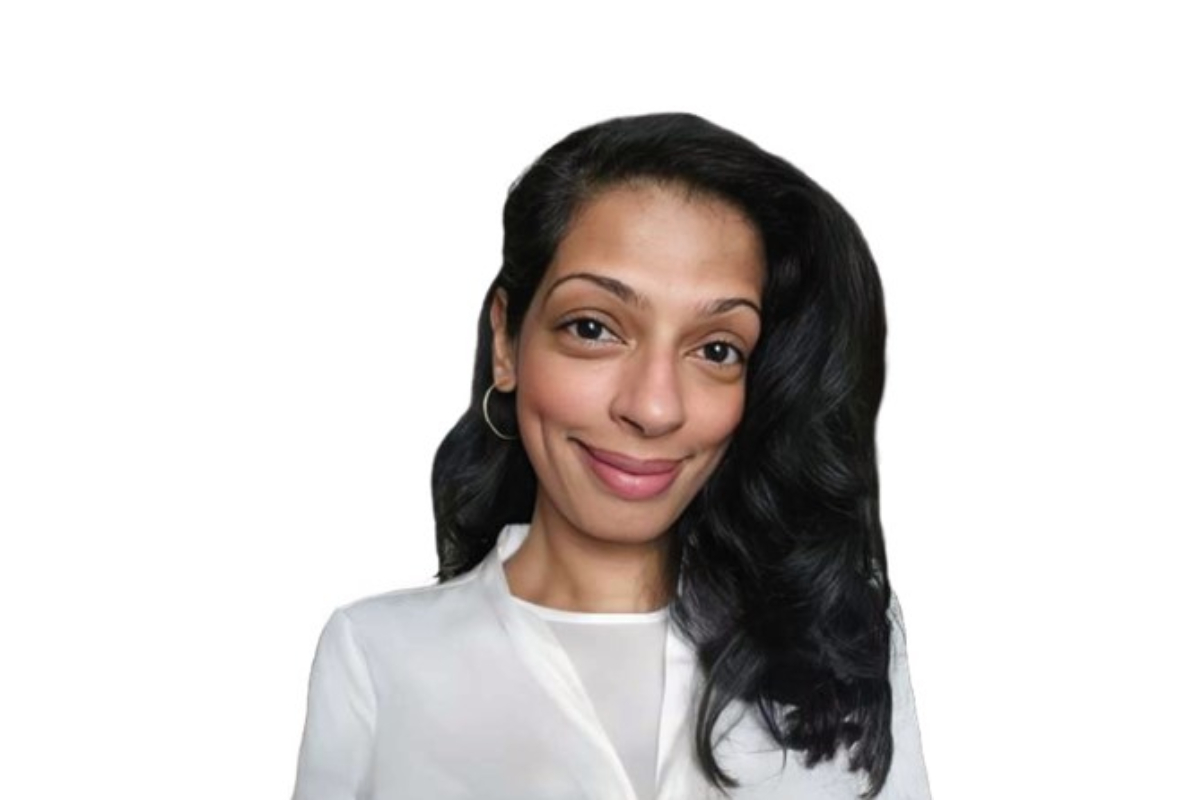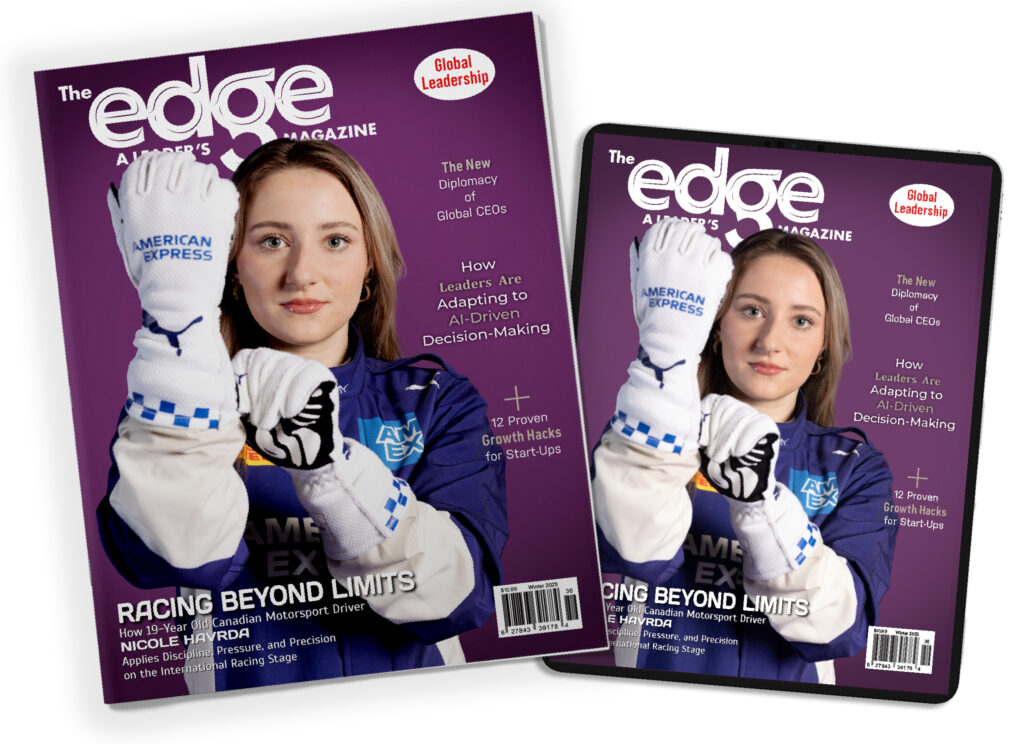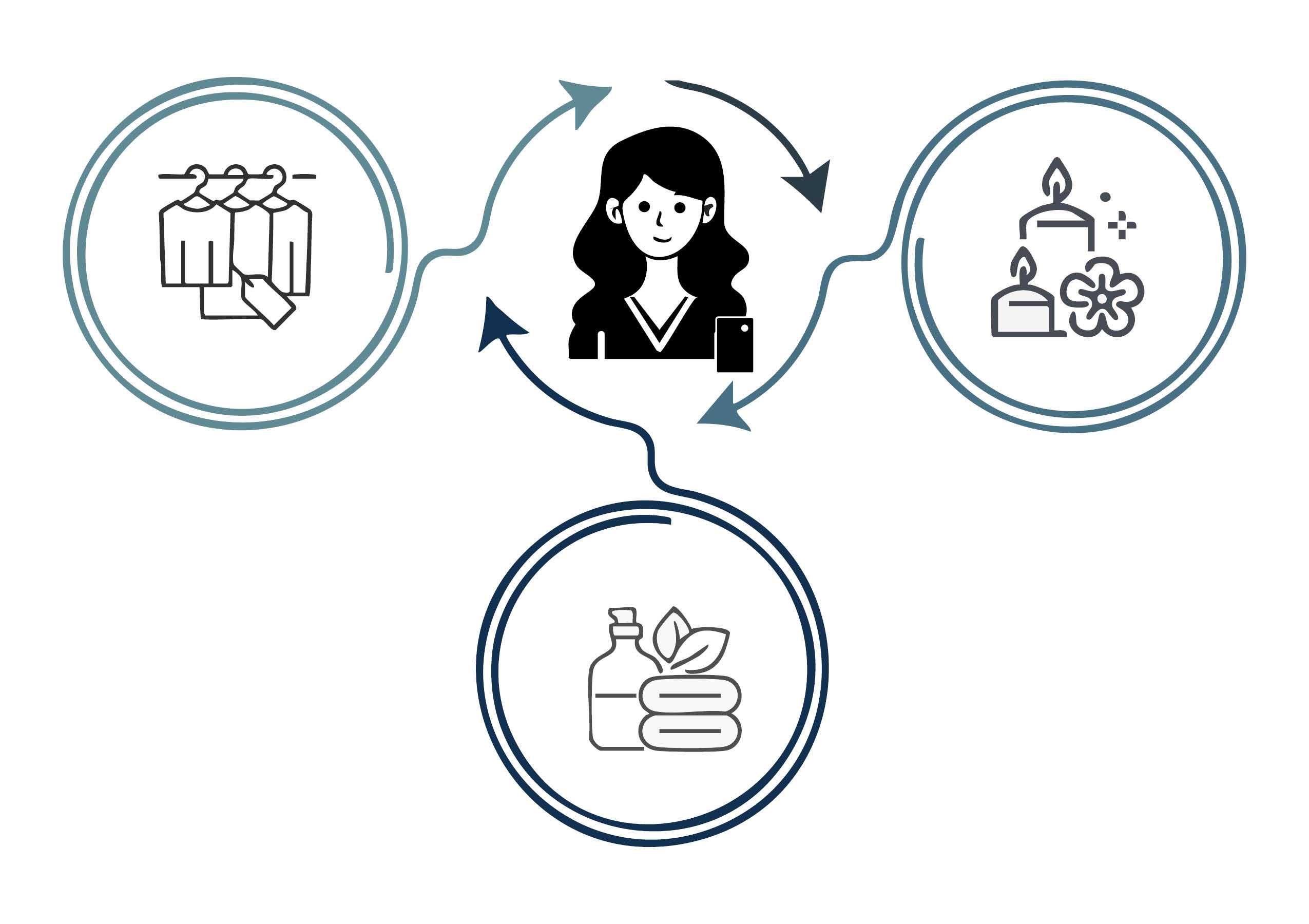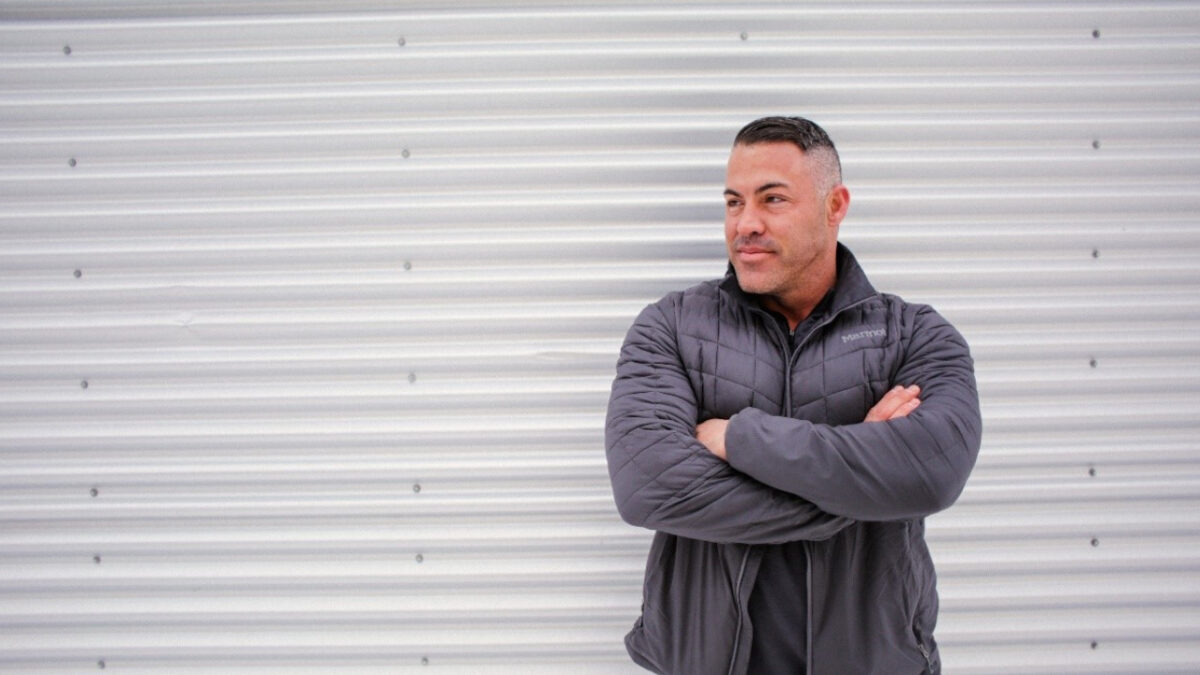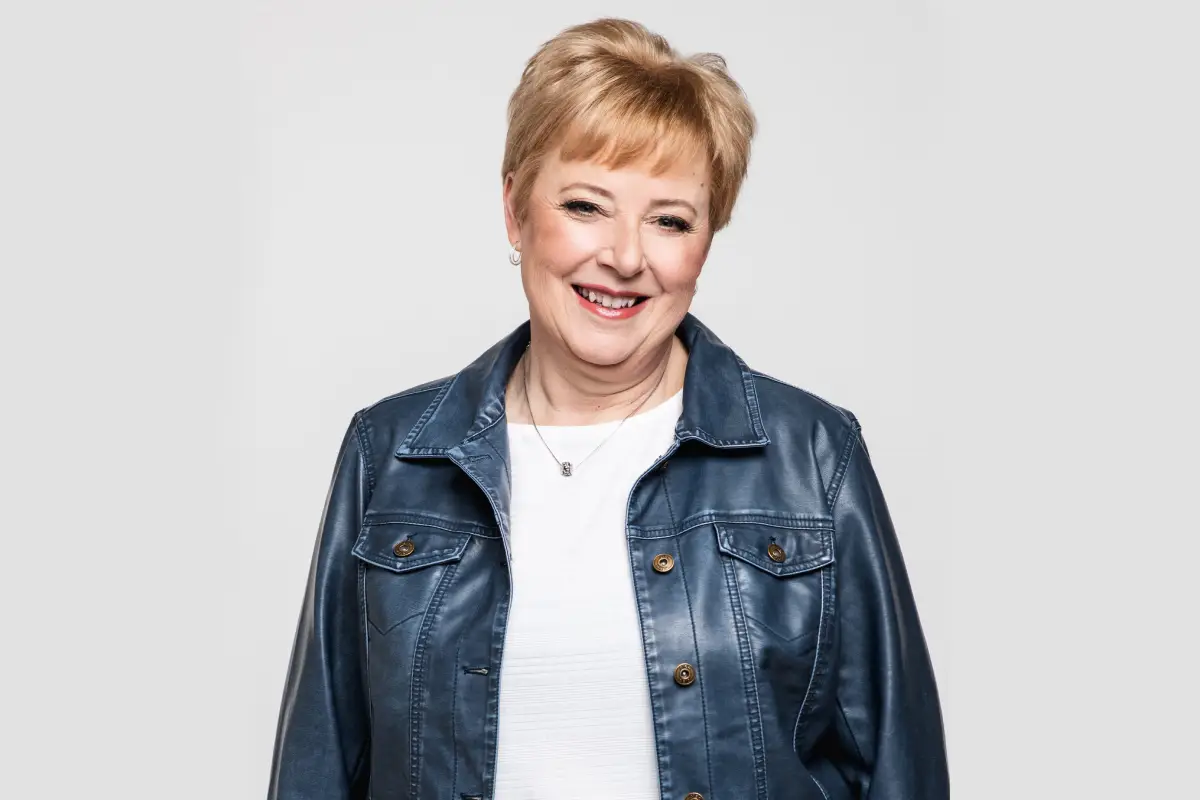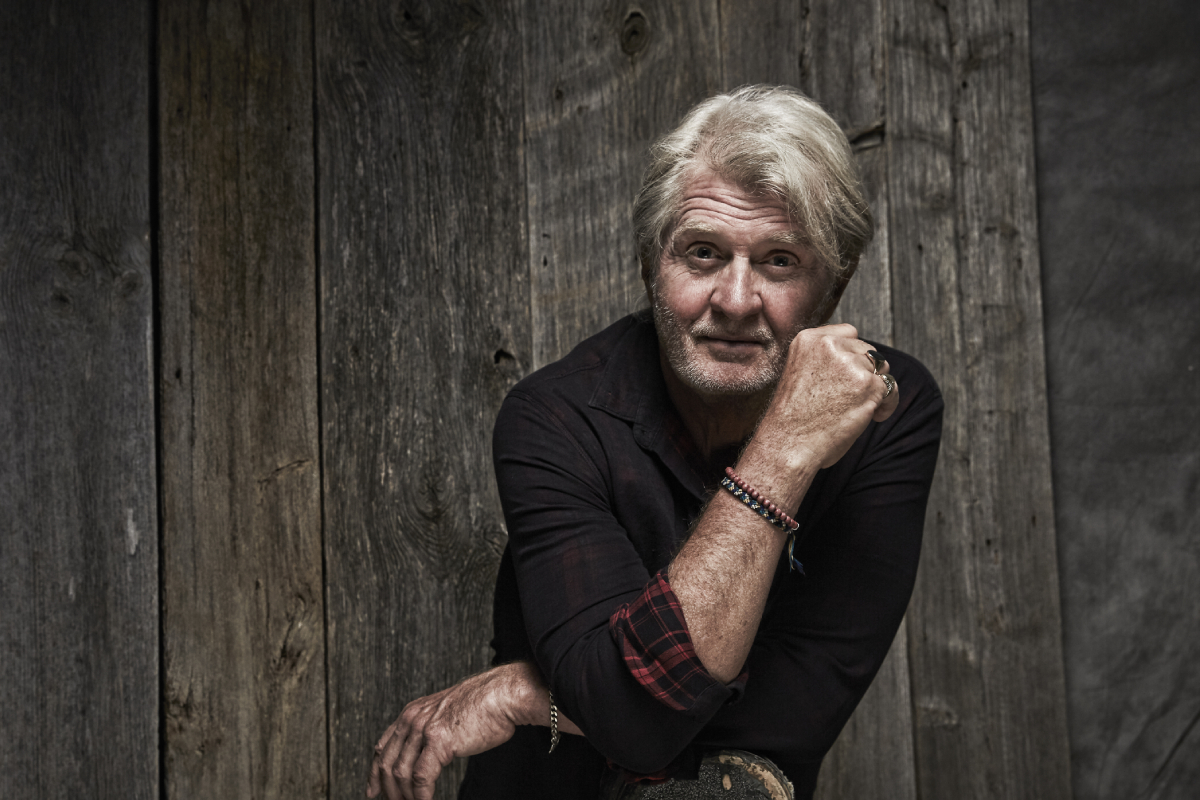Dinoba Kirupa’s compassion and commitment to inclusion has taken her from Vancouver to Nepal. The policy analyst and community organizer has dedicated her professional life to working to towards gender equity through the intersection of race.
She’s worked as project manager for the Council of Agencies Serving South Asians – an organization that facilitates the economic, social, and cultural empowerment of South Asians – leading a research study on gender-based violence (GBV) within the Greater Toronto Area’s South Asian diaspora. The political shift away from diversity, equity, and inclusion (DEI) policies in the U.S. is having reverberations far beyond its borders. Kirupa believes the push against DEI stems from misunderstandings, and that its principles benefit everyone.
Why do you believe DEI, accessibility, and justice build strong, healthy environments?
If we want workplaces, communities, and schools to represent and work for the people who live there, it’s important to have those lived experiences represented within these spaces. We have to incorporate them in the policies and choices being made based on their experiences and what they know about the community. I’ve always tried to centre and amplify the voices of the people I’m advocating for. We need to talk about the privilege that comes with being outside of marginalized groups. We all have privilege in certain capacities.
How do you respond to people who oppose DEI initiatives?
People used to privilege feel like equality is oppression. Within societies around the world, there’s the fear of the “other” and if certain communities don’t represent my needs, their needs are going to overtake mine. We’re working toward equity, giving people the support they need to achieve certain outcomes. The pushback against DEI is that people without merit are getting positions or opportunities because they belong to certain groups, but the point is that society is entrenched with systems of discrimination through modes of sexism, racism, homophobia, ableism. The point of DEI is to give people who have merit these positions because they have so many other challenges to overcome. People who’re against DEI have nothing to say about something like that because it’s certain groups that get advantaged.
Why is it important people feel accepted and free to be themselves?
In Canada, we live in a mosaic of all kinds of people, diversity is a huge part of the beauty of this country. That’s not to say it doesn’t have its issues, but diversity allowed me to feel at home when I immigrated decades ago. Allowing people to be their full authentic selves, we get to grow in society with each other, learn from each other, and think outside the box. Seeing somebody for their full selves gives us the ability to be comfortable and to feel empathy for the “other”. In my report on toxic masculinity and gender-based violence, we found that a lot of men feel that they cannot be their full authentic selves because toxic masculinity teaches them that men who feel, cry, care, who value relationships with women beyond the physical, are seen as lesser. Emotional and psychological suppression takes a hit on how we navigate life and relationships. We saw this often come out as anger issues that result in domestic violence. We need to allow men to feel, to find places to share amongst themselves, where they can truly be open. We need to invest in these spaces because healthy masculinity is beautiful, it’s important people understand that masculinity is not the problem. When we talk about toxic masculinity, it’s not wrong to be masculine or to be a man, but certain forms of masculinity harm themselves, the people around them, and society.
What’s an important misconception about gender-based violence?
They can only call police if they have physical signs like scarring or blood. It takes a lot to get to there sometimes because the emotional and psychological toll is bad already, but then when it gets to that point, it only escalates.
How do you find hope in the face of challenges?
I’m inspired by resilience. It gives me hope because it takes courage and confidence to stand up for what you deserve, to stand up to injustice, to speak up and share your vulnerable stories. I’ve seen success stories of folks leading lives that they fought for, equity-seeking groups fearlessly speaking. If we can use our privilege for the benefit of others and to centre people’s stories, we can work toward an equitable society.
Marcus Medford | Contributing Writer

